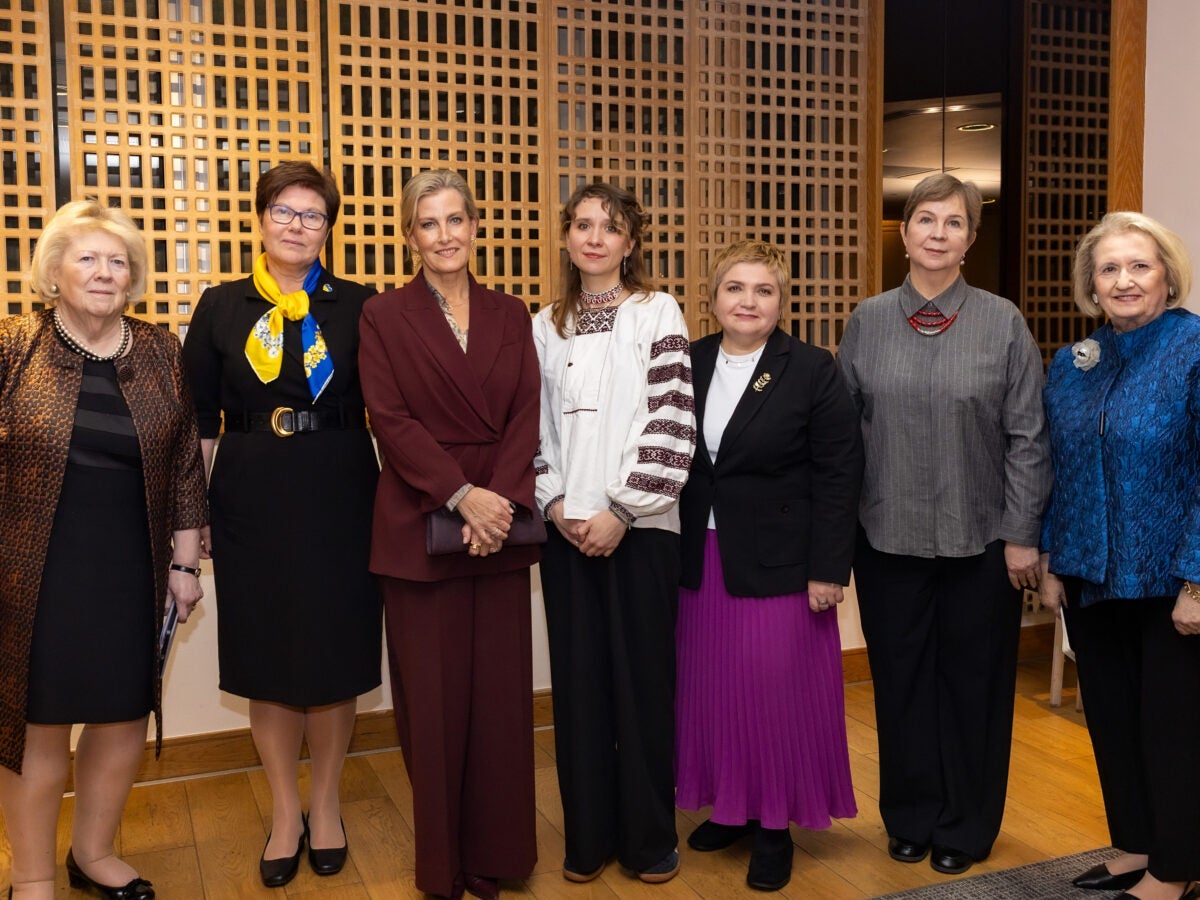Bringing the Girl Declaration to the Post-2015 Agenda


The 69th session of the United Nations General Assembly General Debate is set to commence this Thursday, September 24, 2014, and New York City is buzzing with civil society activists and international dignitaries. Two trends have already emerged: the importance of engaging men in order to achieve gender equality, and involving adolescents – especially girls – in creating the post-2015 agenda.
Today, I attended Girls at the Center, sponsored by the International Center for Research on Women (ICRW), Advocates for Youth, Let Girls Lead/PHI, and the European Parliamentary Forum on Population and Development. The venue was decorated with quotes from girls around the world expressing what they would say to world leaders about development in their countries. These quotes, from over 500 girls, served as the basis for The Girl Declaration – “a call to action urging global leaders to put adolescent girls at the heart of the post-2015 development agenda.”
Cathy Russell, U.S. Ambassador at-Large for Global Women’s Issues, identified that we have an incredible opportunity before us this week – “to place women and girls’ empowerment and gender equality at the forefront of the international agenda.” Empowerment is crucially related to successfully advancing gender equality. The international community cannot eliminate poverty and inequality if it continues to view women and girls primarily as victims. Women and girls need to be consulted as full participants, and The Girl Declaration effectively models this imperative.
The 500+ girls, spanning the ages of 10-19 years old, describe the truths they confront daily: “I haven’t played a game in two years.” “Do people know that poor people like us exist?” “My wish is that parents should stop sending their children to have sex for money.” “I hate FGM.” However, they also share their aspirations for actively changing this reality: “I want to be an advocate for women so they do not feel inferior.” “I want to be a police officer so that I can protect the other women who are like me.” “I would like to be a business lady to change the life of my children and my family.” “I wish I could become a doctor to help the poor, cure diseases and discover cures for dangerous illnesses.” “I want to be a teacher so I can teach children how to read and write.”
Fawzia Koofi, a member of the Afghan Parliament, spoke on the distinguished panel. She shared examples of the inequalities faced by women in her country—especially in rural areas where progress has been much slower. In order to accelerate development and gender equality, “we need to strengthen the rule of law,” she said. Koofi firmly believes that we need “women in power, in leadership positions” to foster tangible, lasting change.
Suzanne Petroni of the ICRW noted that focusing on girls’ empowerment is a “critical element” of advancing girls rights and ending child marriage.” Therefore, it was appropriate that the youngest panelist, Memory Banda, delivered the powerful, final message.
Banda is 18 years old, and a member of Malawi Girls’ Empowerment Network and Let Girls Lead. She did not take the podium when she spoke—Banda quipped that at her height she would disappear behind it. This young woman refuses to be invisible, by any definition of the word. As her voice commanded the room, she urged: “Let girls be valued, their issues be prioritized, their voices be heard. What we need is action.”
You can take action and learn more about the Girl Declaration athttp://bit.ly/1narnm4.
To read more about girls’ voices from around the world and why girls’ insights are crucial to designing effective global development policies, download the ICRW’s latest report, “I know. I want. I dream” athttp://www.icrw.org/publications/i-know-i-want-i-dream.
Ashley Binetti is the 2014-2015 Hillary Rodham Clinton Law Fellow at the Georgetown Institute for Women, Peace and Security. She received her J.D. from Georgetown University Law Center in 2014, specializing in human rights and transnational law.
Explore More

End of Year Reflections
This year has been particularly challenging for peace around the world, with…

“No Amnesty, No Silence:” Ukrainian Women Urge Accountability for War-Time Sexual Violence
Last week, the Georgetown Institute for Women, Peace and Security (GIWPS) brought…
